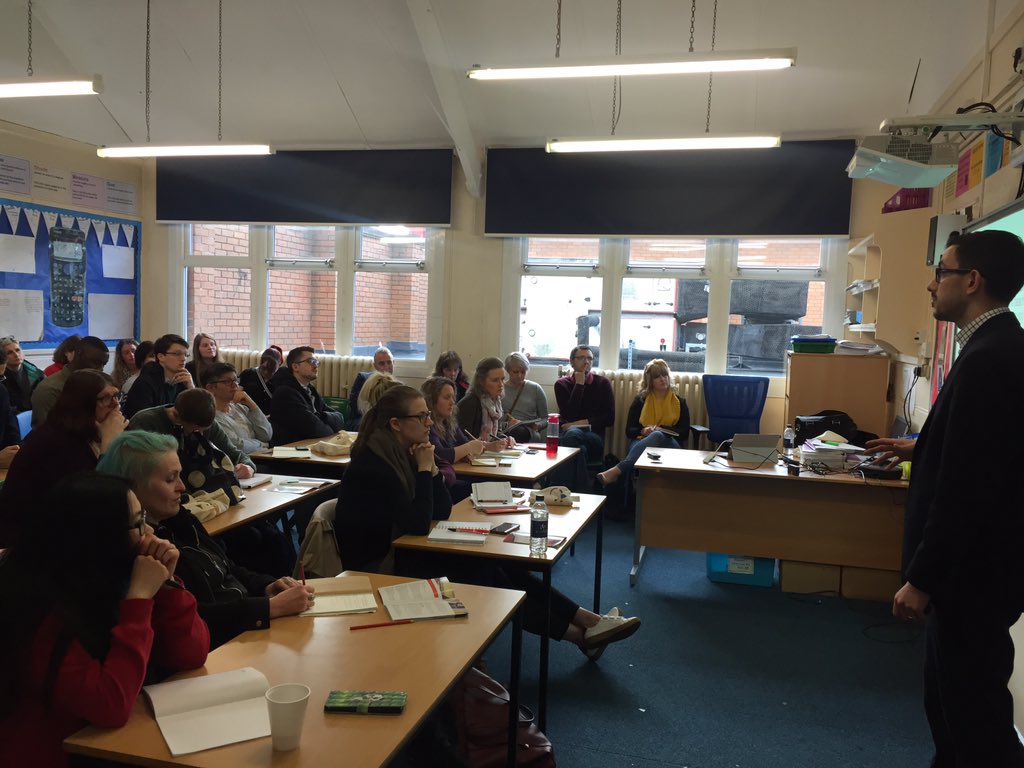This blog was written by Professor Pete Dudley, visiting Professor of Education and the University of Leicester and former National Director of the Primary Strategies. It is one of the articles in our National Teacher Enquiry Network February half term newsletter (sign up here).
 Japan has managed to maintain its place in the top ten for highest educational standards in the world for as long as these have been measured. But unlike some smaller countries that accompany Japan up there at the top of the table (Singapore, Finland and Hong Kong), Japan has not enjoyed sustained economic growth for the past two or three decades. It has been in recession since the mid 1990s. Furthermore, unlike these countries, Japan is big – 90 million – and it has areas of post industrial deprivation just like the US does; – just like the UK!
Japan has managed to maintain its place in the top ten for highest educational standards in the world for as long as these have been measured. But unlike some smaller countries that accompany Japan up there at the top of the table (Singapore, Finland and Hong Kong), Japan has not enjoyed sustained economic growth for the past two or three decades. It has been in recession since the mid 1990s. Furthermore, unlike these countries, Japan is big – 90 million – and it has areas of post industrial deprivation just like the US does; – just like the UK!
So what’s the secret? Curriculum? Pedagogy? Academies? National Strategies? Apparently not. Japan has a highly autonomous and devolved system. The secret seems to be that Japan’s teachers have a deep and more profound knowledge of two aspects of education than do others elsewhere in the world.
The first aspect is a deep knowledge of their curriculum and subjects. They understand deeply not only their subject knowledge – but also how to teach their subjects, what kinds of things pupils misconceive and how to avoid such misconceptions or how to correct them. This is ‘pedagogical content knowledge’ (PCK). If you think about it, people who work with numbers or money all have to know how to use place value. Teachers on the other hand need not only to know this but also: why place value is important, how it relates to the entire number system and what the best ways are of introducing place value to six year olds, 18 year olds, to maths phobics – the list goes on.
This represents a very very different form of professional knowledge from that demanded by any other profession.
The second aspect is just as important: teachers’ deep and profound knowledge of the way their pupils learn, their needs and motivations. Japanese teachers deeply understand their pupils as learners.
And why might this deeper knowledge be possible? Well, according to Japan’s teachers – and to a growing movement around the world including Hong Kong and Singapore – the reason might lie in Lesson Study. This is certainly what Japanese teachers told researchers from the US sent to Japan in the 1990s to find out what American schools might learn from Japan to help them to improve their standards.
And it is what I believe right now.
So what is Lesson Study?
Lesson Study is a breathtakingly simple and common sense way of developing teachers’ practice knowledge: i.e. teachers’ knowledge of how best to teach X to pupils like Y. In a lesson study, a group of teachers work together to plan, deliver and analyse a series of ‘research lessons’ or ‘study lessons’ devised to improve the way they teach something or the way particular learners learn something. They record what they discover or develop and pass this knowledge on to others by inviting people to watch them demonstrate the approach in a public research lesson – or by writing it up and publishing it online. In Japan 70% of research into teaching and learning is published by serving teachers for serving teachers. Lesson Study has definitely stood the test of time. In Japan it dates back to the 1870s – which is when the English state primary school system was just setting up.
I introduced Lesson Study into this country 12 years ago and it has grown steadily and with a dramatic impact on pupil learning because of its impact on improving teacher practice knowledge. What’s more, it seems to be something teachers – old and new – find, if challenging, certainly very fulfilling:
‘Our fuel for teaching has been re-ignited!’; ‘We feel more confident to be innovative and to take more risks within our lessons’; Learning from each other is an organic process which feels natural, supportive, safe, challenging and unique’. Comments such as these are commonplace.
And research and evaluation work I have carried out over the past 10 years – some at a large scale – shows it can make a dramatic difference to pupils’ standards and can get adequate teachers to outstanding teachers with outstanding results.
Why might this be? I think it comes down to the fact that there are distinctive qualities that make teacher learning different from that of other professions. We humans all learn our professional ‘ropes’ our ‘knowledge’ in the workplace by ‘joining in’. And learning in the workplace is critically important when that workplace is one of the fastest moving, most complex work places that exists and is also a workplace where getting even small things wrong regularly can badly affect the life chances of thousands of children. This workplace is not a passenger jet, an operating theatre or a busy hospital ward: it is a school classroom.
But it’s tricky to learn by joining in, when traditional experience in this country is one of ‘lone teaching’: because there’s no one to ‘join in’ with! And even when there is a fellow professional in the classroom with you focusing on your practice, as likely as not they are jotting down observation notes and judging you. You can’t ‘join in’ with that! The most surreal paradox of all is that most formal teacher learning still takes place outside the classroom when the inside is the most effective location.
Lesson Study seems to cut through all this. Its mature processes help learning communities to form swiftly, focused on improving the learning of real pupils by improving real teaching. It creates safe spaces where teachers can explore approaches and take risks, while closely scrutinising the impact on their pupils’ learning – and by focusing together on their pupils’ learning, they get to the heart of what to change in their teaching.
Lesson Study seems to hold a promise of going even beyond this – of helping us to focus on learning and teaching at levels of detail we have never been able to before. This is because it seems to help us deal with the unending speed and complexity of the classroom – to ‘see our pupils with new eyes’ and it even seems to connect us, as teachers, with our hidden reserves of ‘tacit’ practice knowledge – a holy grail for teacher professional learning.
You should have a go!
Pete Dudley is a member of the Teacher Development Trust Advisory Board and is helping us develop Lesson Study as part of our National Teacher Enquiry Network. He also runs a UK-centric Lesson Study website with free resources: http://lessonstudy.co.uk/
You can sign up for free Associate membership of the National Teacher Enquiry Network for more articles like this using the form below:
[salesforce form=”2″]


